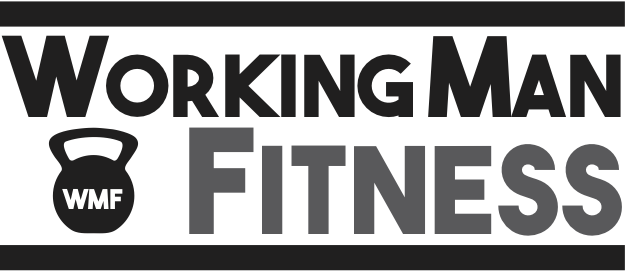As a consultant, as a freelancer, one thing that is of crucial importance is an understanding of how long tasks take.
There are several reasons for this. The first reason is that you can’t estimate effectively without knowing how long things take. You have to guess, and you could end up shooting yourself in the foot.
Another reason is that understanding how long tasks typically take helps you determine when things aren’t going right. If something is taking too long perhaps your focus is lacking, maybe something is affecting your mental state, maybe you need to get up and re-focus.
In exercise tracking exercise time is important for the same reasons. You should know how long your exercise session should take, and should strive to meet or beat that time. Why? Because self improvement is the name of the game.
Tracking Exercise Time in Your Workouts
When I start exercising, I start a stop watch and then proceed into my first exercise. In between sets of any exercise, I typically time a 1 minute rest, although sometimes if I’m doing bilateral work, I’ll move from one limb directly to the other back and forth no rest.
At the end of the workout, I stop the stopwatch and record the time. Later, I put this time in a spreadsheet along with the type of workout that was performed.
Occasionally, if I think I’m cheating, I’ll use a metronome to time my reps. I also use a metronome for embedded statics (it’s a lot easier than trying to look at a clock or watch).
The Benefits of Tracking Time
Rockefeller’s measurement principle states that anything that is watched and measured improves. So your workout time will improve and you’ll be able to accomplish more in less time. The pitfall to be aware of here is to be disciplined enough not to sacrifice form (meaning deviations from rep speed especially) to get more done in less time. Typically what happens is you become more efficient in setting up your workout so you can move easily from one exercise to the next. (Another reason why I prefer a home gym.)
Tracking time takes the mystery out of it. You’ll know exactly how long you’ll spend doing something. If it takes longer, you’ll be able to reverse engineer and figure out why.
Eliminate Mysteries and Increase Consciousness
Performance should not be left to a mysterious set of circumstances that only happen once in a while. By tracking time, and tracking other variables as well, performance becomes a matter of setting up the circumstances correctly and developing the correct mindset.
In turn, this increases your consciousness such that you develop an increased awareness about yourself and about your abilities and whittle away things that are impeding you.
For example, by timing my workouts, I realized that alcohol negatively impacted my workouts even when a small amount was consumed the previous day. This is one of the things that helped me gain control over drinking.
Finally, there is just a convenience factor in knowing when you’ll be finished. “I’m going to go workout—be done in 43 minutes!”
Now what?
Try it. Do your workout and set a timer. What, you do different workouts all the time? Well, stop that! Develop a consistent routine and go deep within the movements–and deep within yourself–and display your full ability!
